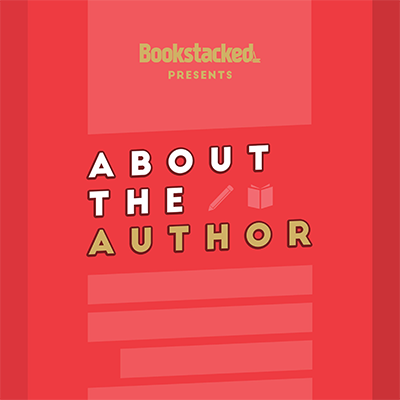The highly anticipated sequel to The Hunger Games is very different from the original Hunger Games novels by Suzanne Collins. That might have been obvious going in, given that the protagonist is Katniss Everdeen’s foe. But the change in the type of story being told — and even the Games themselves — are among the biggest surprises The Ballad of Songbirds and Snakes has to offer.
From the Blurb:
It is the morning of the reaping that will kick off the 10th annual Hunger Games. In the Capitol, 18-year-old Coriolanus Snow is preparing for his one shot at glory as a mentor in the Games. The once-mighty house of Snow has fallen on hard times, its fate hanging on the slender chance that Coriolanus will be able to out charm, outwit, and outmaneuver his fellow students to mentor the winning tribute.
The odds are against him. He’s been given the humiliating assignment of mentoring the female tribute from District 12, the lowest of the low. Their fates are now completely intertwined — every choice Coriolanus makes could lead to favor or failure, triumph or ruin. Inside the arena, it will be a fight to the death. Outside the arena, Coriolanus starts to feel for his doomed tribute … and must weigh his need to follow the rules against his desire to survive no matter what it takes.
It’s clear from the onset that this is not the Panem we know, not even the Capitol we know. The Dark Days are still fresh in the minds of the Capitol citizens, and that’s especially true for Coriolanus Snow, the future antagonist of the Hunger Games trilogy.
Coriolanus’s development deserves an in-depth article on its own — and I suspect I’ll write one as the dust settles and everyone’s had a chance to read the novel. But until then, I’ll say this: He’s full of surprises and yet so much about him is familiar. By the end of the novel, it’s easy to imagine how he becomes the man Katniss will eventually topple.
Many criticized Collins’ decision to focus the book on the series’ villain. Having now read his origin story, I don’t think the book will do much to quell the anger of those critics. While the story isn’t a re-hashing of last year’s ‘Joker’ (another villain origin story), it’s still a work that’s meant to add complexity and nuance to President Snow. I’d say Collins succeeded on that front, and that’s going to ruffle the feathers of some readers.
This book isn’t just the origin of President Snow either. It’s the origin of the Hunger Games themselves, games that are almost unrecognizable.
The glam of the Capitol hasn’t settled at the start of the book, and neither has that of the Games. The pomp and circumstance that Katniss describes in The Hunger Games and Catching Fire doesn’t exist yet in this world. The competition isn’t as polished and grand as we’ve come to know it. And because of this, some of the excitement and suspense that exists in the original novels is lost here.
The Games themselves do feel a bit dull. Unfortunately, the book drags in places too. Of the now four-book series, it’s the longest installment (540 pages, according to Goodreads. The original books were around 390). Getting to the Games is a long journey, as is navigating the aftermath. Whereas the original novels benefit from tight plotting and fast pacing, The Ballad of Songbirds and Snakes is swollen with tidbits about the history of Panem and philosophical debate. In fact, the book is more philosophical than political, which makes it fascinating — but still a slow burn.
That said, this is one of those books that’s “for the fans,” and there’s nothing wrong with that. Yes, the history of Panem is in the spotlight this time around. Those who have itched for more details about the early rebellion against the Capitol as well how the Games got started will drink up every detail found in Songbirds and Snakes. Collins finally pulls back the curtains, displaying a number of shocking revelations. Although, these revelations risk toppling the series as a whole. There are moments where the novel wants to give everything an origin story, which in some ways makes Panem seem much smaller. It can be a bit frustrating.
Even still, it’s fascinating all the same and fills the pages of the original books with so much irony.
But the strongest and best elements of the book are the new characters. Two of the main characters stand out in particular. They offer a fresh voice and flavor to Panem, one that certainly couldn’t exist in Katniss’s time. Collins still has it when it comes to defying reader expectations with the members of her cast.
Even if Panem, the Games and the characters feel different, this is still a story of survival. It’s a different type of survival from the one we’re used to — the type that leaves readers asking questions about the ethics of self-preservation in a way they might not have considered before.
Is The Ballad of Songbirds and Snakes the weakest of the Hunger Games books? Probably. But it’s filled with gems, even if the fire is slow to catch.




I think The Ballad of Songbirds and Snakes deserves five stars. It is filled with the stuff of self contemplation. It is a searching book which makes one asks the hard questions, “what choices is Coriolanus Snow making and how do I make similar self centered choices in my own life? What choices could have been different, or, as he says, did he “have no choice/” The end of the book demonstrates the results of compromise and rationalizing–the meaning of friendship and how choices are not always easy. I appreciated the references to “The hanging Tree” which shed light on the original series.